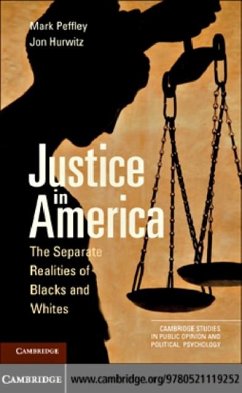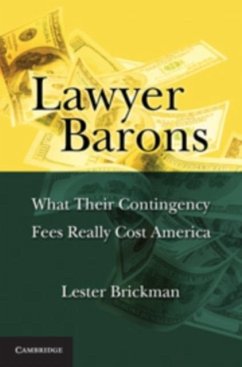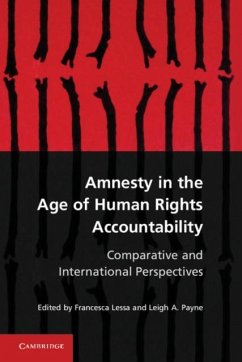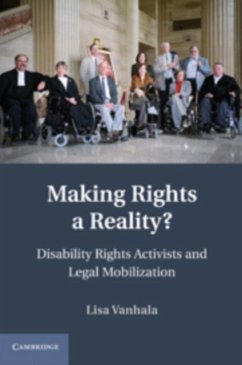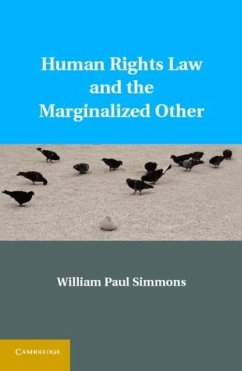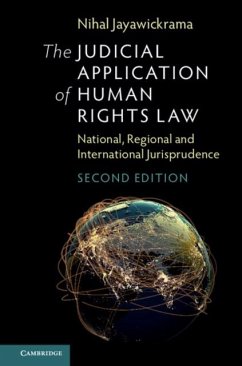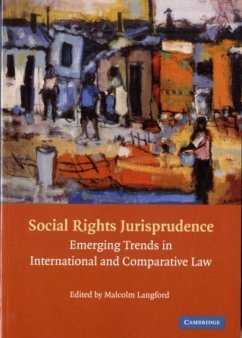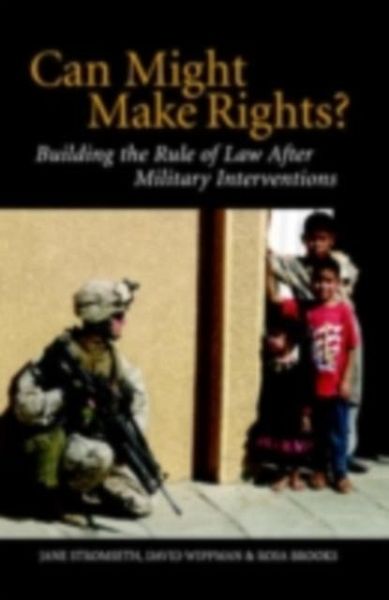
Can Might Make Rights? (eBook, PDF)
Building the Rule of Law after Military Interventions
Versandkostenfrei!
Sofort per Download lieferbar
32,95 €
inkl. MwSt.
Weitere Ausgaben:

PAYBACK Punkte
16 °P sammeln!
This book looks at why it's so difficult to create 'the rule of law' in post-conflict societies such as Iraq and Afghanistan, and offers critical insights into how policy-makers and field-workers can improve future rule of law efforts. A must-read for policy-makers, field-workers, journalists and students trying to make sense of the international community's problems in Iraq and elsewhere, this book shows how a narrow focus on building institutions such as courts and legislatures misses the more complex cultural issues that affect societal commitment to the values associated with the rule of l...
This book looks at why it's so difficult to create 'the rule of law' in post-conflict societies such as Iraq and Afghanistan, and offers critical insights into how policy-makers and field-workers can improve future rule of law efforts. A must-read for policy-makers, field-workers, journalists and students trying to make sense of the international community's problems in Iraq and elsewhere, this book shows how a narrow focus on building institutions such as courts and legislatures misses the more complex cultural issues that affect societal commitment to the values associated with the rule of law. The authors place the rule of law in context, showing the interconnectedness between the rule of law and other post-conflict priorities, such as reestablishing security. The authors outline a pragmatic, synergistic approach to the rule of law which promises to reinvigorate debates about transitions to democracy and post-conflict reconstruction.
Dieser Download kann aus rechtlichen Gründen nur mit Rechnungsadresse in A, B, BG, CY, CZ, D, DK, EW, E, FIN, F, GR, HR, H, IRL, I, LT, L, LR, M, NL, PL, P, R, S, SLO, SK ausgeliefert werden.




